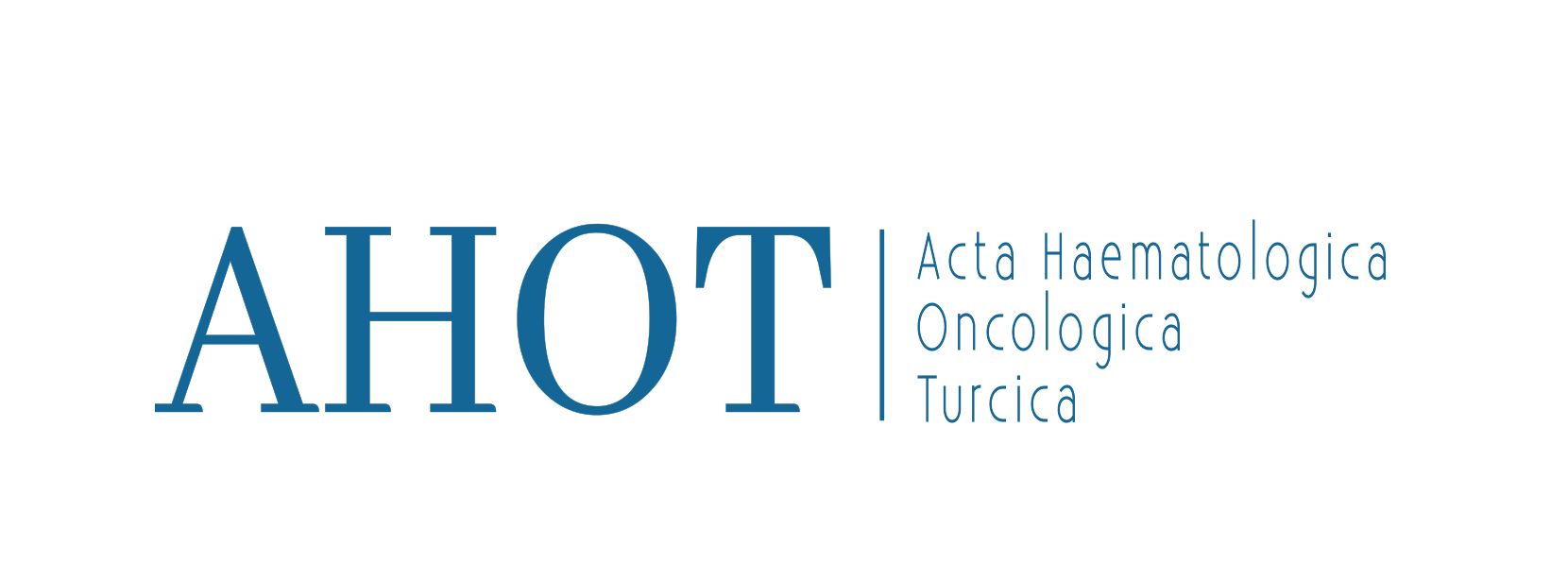Abstract
INTRODUCTION
In this study, we aimed to compare the results of regorafenib with those of oxaliplatin or irinotecan based rechallenge therapy as the third-line treatments for metastatic colorectal cancer (mCRC).
METHODS
Between January 2010 and December 2017, data of 427 mCRC patients were evaluated retrospectively. Sixty one mCRC patients who received regorafenib (n: 21) or rechallenge therapy (n: 40) as third-line setting were included.
RESULTS
Median follow-up was 7.1 months (range; 2.2–41.6). While no complete response was observed in any of our patients, the partial response was 17% in the rechallenge group and 5% in the regorafenib group (p=0.2). In the Rechallenge group, the median OS was 9.6 months (95% CI 7.3–13.3), while in the regorafenib group 7 months (1.9–17) there was no statistically significant difference (HR: 1.05; 95% CI 0.5–2.1, p=0.9). Median progression-free survival (PFS) was similar in both groups (4.7 and 3.1 months, HR: 1.45; 95% CI 0.82–2.5, p=0.1). Although median PFS (6.7 months and 4 months, p = 0.4) and OS (10.3 and 7.1 months, p = 0.1) were numerically better in treatment free-interval (TFI) ≥6 months group, this difference was not statistically significant.
DISCUSSION AND CONCLUSION
According to our findings, regorafenib with rechallenge treatment is similar activity. Based on these data, rechallenge therapy in this patient group with poor prognosis may be an alternative treatment option in the third step or a regimen that can be preferred in the next steps in the patients who are scheduled with the recommended treatments. However, due to the small number of our patients and the retrospective nature of our study, prospective randomized trials with large number of patients are needed in this area.



